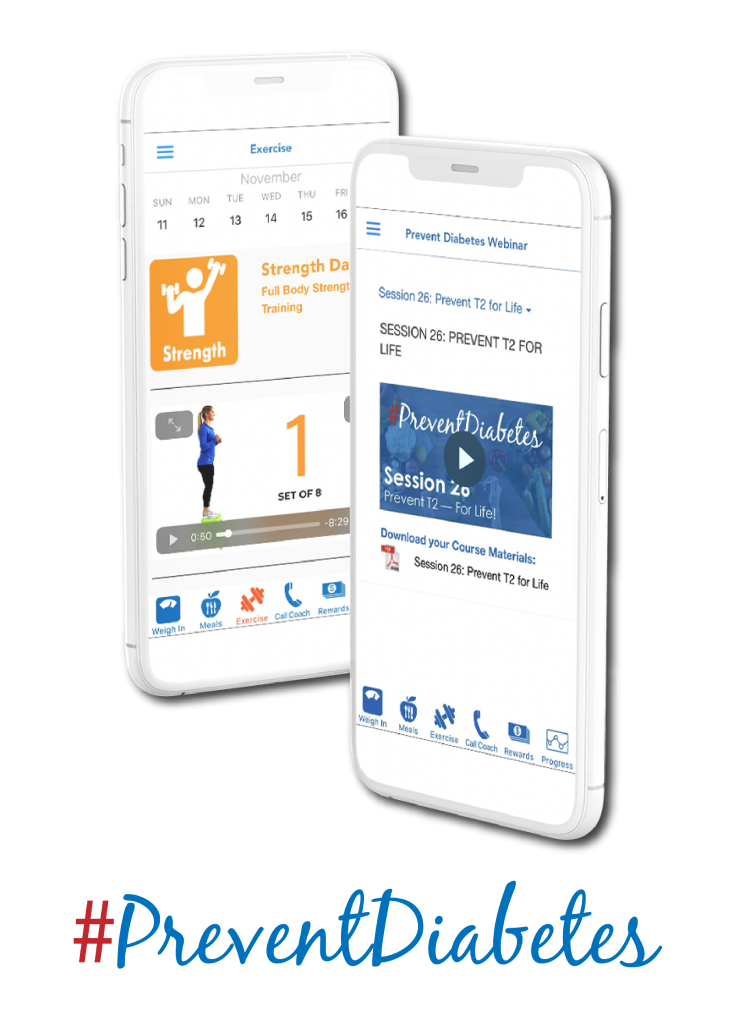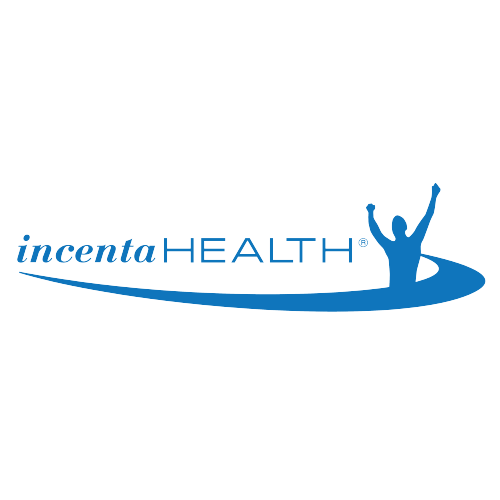Wishing someone “Happy Diabetes Awareness Month” is not quite the same as a “Happy Birthday,” but it’s important nonetheless (it just involves less cake).
November asks us to bring diabetes awareness to the forefront, and in these Covid-heavy times, awareness and even moreso, prevention, of diabetes is more necessary than ever. While having diabetes does not mean you will more readily contract Covid-19, it does mean that should you become infected with Covid-19, you will face higher rates of serious complications and even death than those in the population without diabetes.
To give you all the tools possible, let’s start with breaking down diabetes—because education leads to action!
What is diabetes?
In short, diabetes is a disease that occurs when your blood sugar (blood glucose) is too high. To lay a little science on you, when you ingest carbohydrates, the body breaks them down into blood sugars which it then converts to energy. Insulin, a hormone, then transfers that glucose from the bloodstream to our cells. But in individuals with diabetes, complications arise. In Type 1 diabetes, the body is unable to produce insulin, or adequate amounts. Those with Type 1 diabetes need insulin shots each day to manage their blood sugar levels and produce adequate energy. In Type 2, the more common form of diabetes, the body is unable to use insulin properly—the body produces it, but has difficulty using it. Often, dietary and lifestyle changes are enough to allow someone with Type 2 to manage their symptoms, and even send them into remission. Some individuals need medical assistance.
How do I know if I’m at risk?
Great question! There are typically no symptoms for prediabetes. So it’s important to know the risk factors. Here are few things that could put you at risk for prediabetes or developing Type 2 diabetes:
- 45+ years old
- Physically active less than 3 times a week
- Family history of Type 2 diabetes
- History of gestational diabetes
- Overweight or Obese
- High blood pressure or cholesterol
In America, 1 in 3 people have prediabetes – that’s 88 million people. More astonishingly, 84% don’t know they have it.
Take the free online risk test to determine your risk probability for Type 2 diabetes. If you still have questions, talk to your doctor.
What if I have prediabetes–am I doomed?

If you find yourself diagnosed with prediabetes, no need to think your world is ending. Eating healthy, getting regular activity, ceasing smoking, decreasing stress all go a long way toward mitigating your risk. If you really want to get ahead of the disease, think about enrolling in a Diabetes Prevention Program (DPP). Research has shown that people with prediabetes who take part in the National Diabetes Prevention Program, created by the Center for Disease Control (CDC) , can cut their risk by more than half for developing Type 2 diabetes.
For more information about incentaHEALTH’s CDC-approved Diabetes Prevention Program, #PreventDiabetes, click here. #PreventDiabetes follows the CDC Prevent T2 curriculm and is a fully recognized National Diabetes Prevention Program. Use code PreventDiabetes49 to save $49 in November. (Expires November 30, 2020.)
Know your risks, but more importantly, take the steps to understand how to prevent or manage your symptoms.



